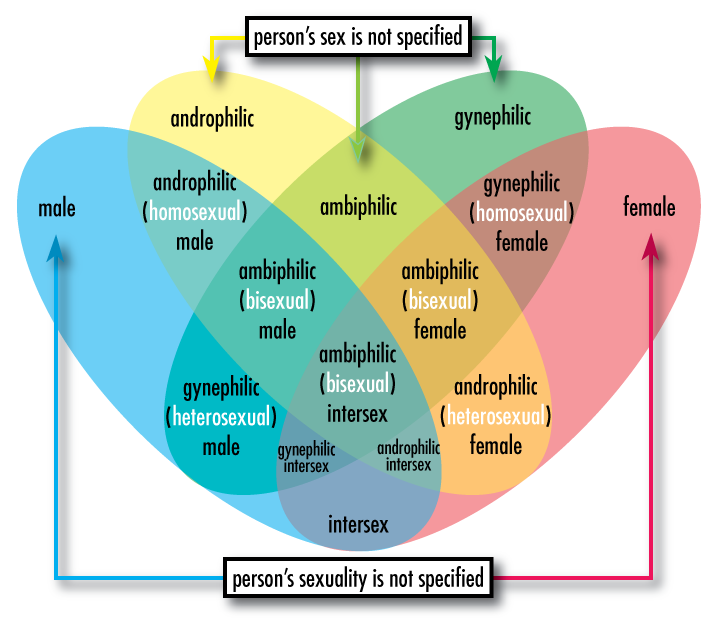Note from Matt: I first met Chris Krycho after he reviewed Earthen Vessels and proceeded to grill me about it. He’s a thoughtful fellow and wrote the following. As I had been planning on addressing the same piece soon, I asked if I could post Chris’ insight instead. I am grateful and honored he agreed. For more, follow Chris on Twitter.
In an interesting piece in The Atlantic last week, Rachel Hill highlighted David Jay and his organization, the Asexuality Visibility and Education Network:
But what all asexual people have in common — and what defines asexuality as an orientation — is that, while they may have a desire to connect with other people, asexuals have no desire to connect with them sexually. Asexual people are not the same as celibate people: it’s not that they are purposefully or unintentionally abstaining from sex they would otherwise like to have, but rather that they have no interest in it.
The article is fascinating on several levels: its examination of asexuality as a “sexual orientation,” its exploration of the idea that for some people, sex just isn’t that important (however odd that may seem in our society), and its recognition that a sex-defined culture is perhaps not always beneficial.
Login to read more
Sign in or create a free account to access Subscriber-only content.
Topics:
